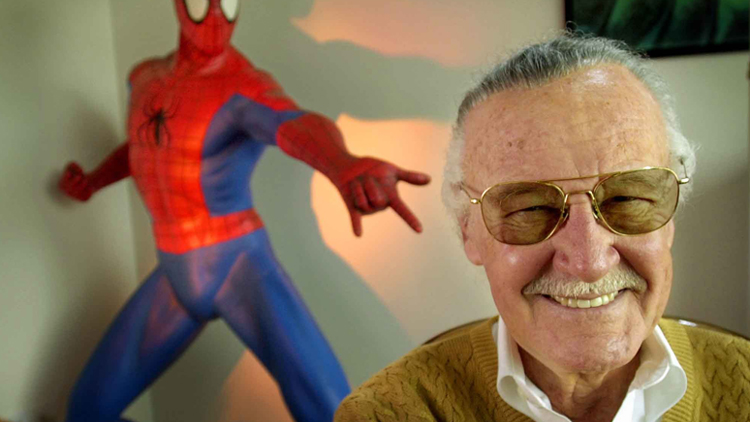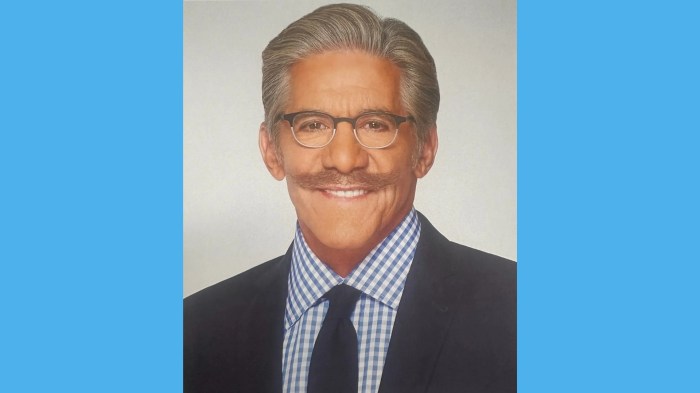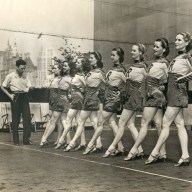No matter what Bill Maher may say, Stan Lee matters.
Following the death of the comic-book icon, Maher callously asserted that “America is in mourning. Deep, deep mourning for a man who inspired millions to, I don’t know, watch a movie, I guess.”
And then the smarmy late-night comedian posited a bizarre convolution of the post hoc ergo propter hoc fallacy: “I don’t think it’s a huge stretch to suggest that Donald Trump could only get elected in a country that thinks comic books are important.”
So why did Maher accept a check for his cameo appearance in Iron Man 3?
Stanley Martin Lieber revolutionized the dormant comics industry by creating characters with human foibles to go with their superhuman powers. He introduced nuance, continuity and neorealism to a medium that had become ossified and formulaic. With a bevy of multitalented cocreators — Steve Ditko, Jack Kirby and John Buscema — Stan Lee dovetailed derring-do and pulse-pounding prose to comment on the human condition, enthralling young and old alike.
And like Edmund Burke, he showed us how to forestall the triumph of evil.
Writing ex officio in “Stan’s Soapbox,” Lee admonished: “Let’s lay it right on the line. Bigotry and racism are among the deadliest social ills plaguing the world today. But, unlike a team of costumed super villains, they can’t be halted with a punch in the snoot, or a zap from a ray gun. The only way to destroy them is to expose them — to reveal them for the insidious evils they really are.”
Stan Lee no doubt channeled his Jewish heritage and the concept of tikkun olam to repair the world.
But Bill Maher knows nothing of the better angels of our nature. When he hosted Politically Incorrect on ABC-TV, Maher referred to Italian Americans as “My Cousin-Vinny-guineas.”
Unlike Maher’s bigoted body of work, Stan Lee’s career was a cri de coeur against intolerance — and a resounding success.
Just ask Jeremy Dauber, the Columbia University professor who, along with writer Danny Fingeroth, notes that Lee’s business strategies “have become integral to how the entertainment industry operates.” In fact, Avengers: Infinity War grossed over $2 billion worldwide.
A longtime Long Islander, Lee helped create Spider-Man and the Hulk while living in Hewlett Harbor.
Stan Lee’s cinematic approach to comic books was first noted by none other than Italy’s filmic genius, Federico Fellini. In 1965, the director of La Dolce Vita met the maestro of Marvel at Stan’s office on Madison Avenue. The two visionaries bonded instantly, becoming lifetime friends.
One of Fellini’s most famous quotes might well serve as a fitting tribute to Stan Lee’s creative vision: “There is no end. There is no beginning. There is only the infinite passion of life. ”





























